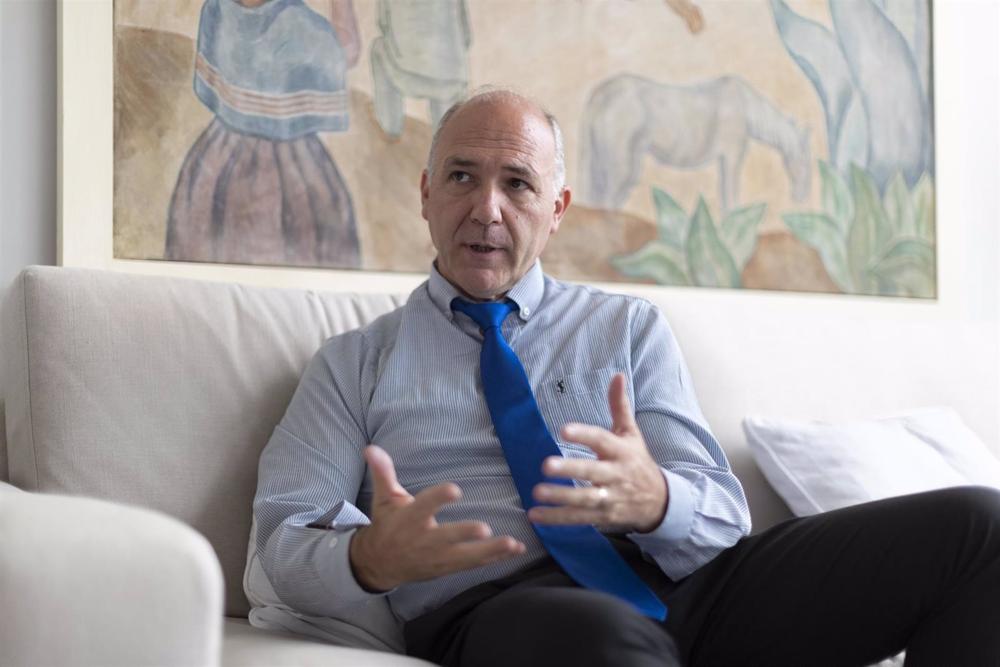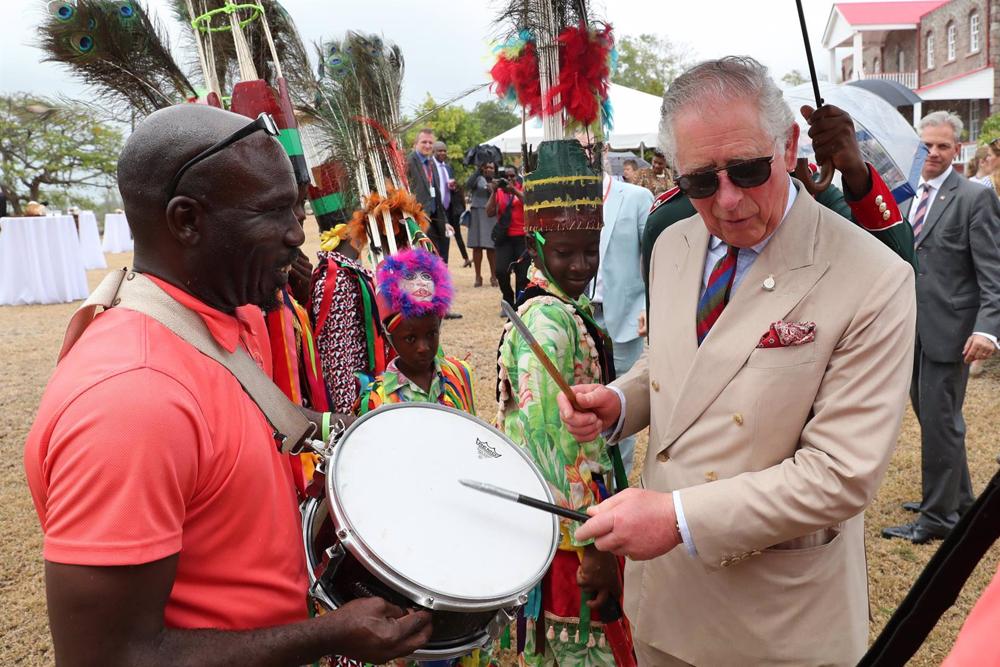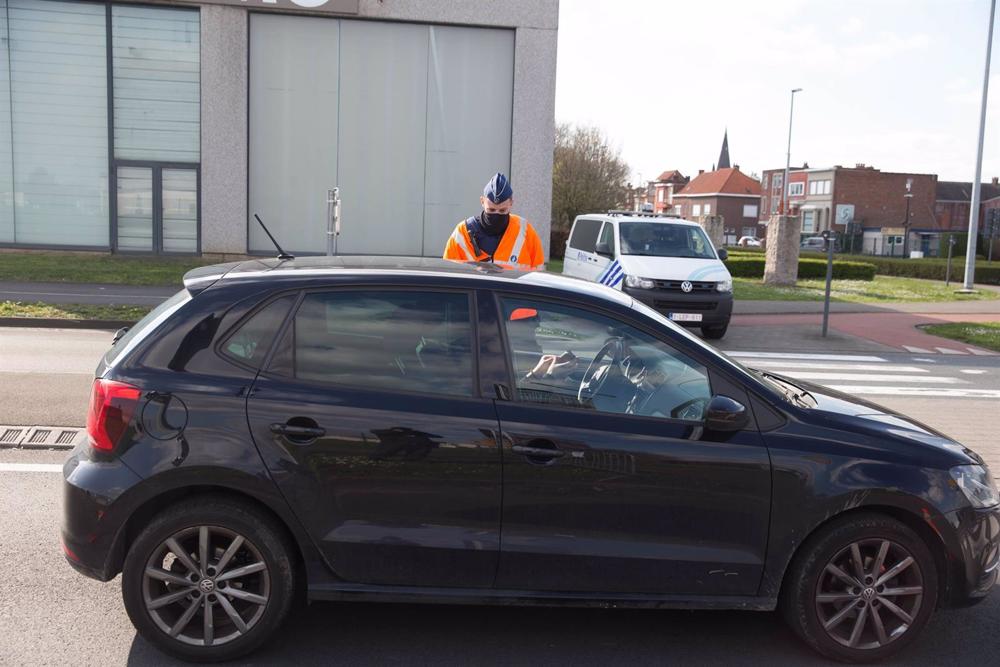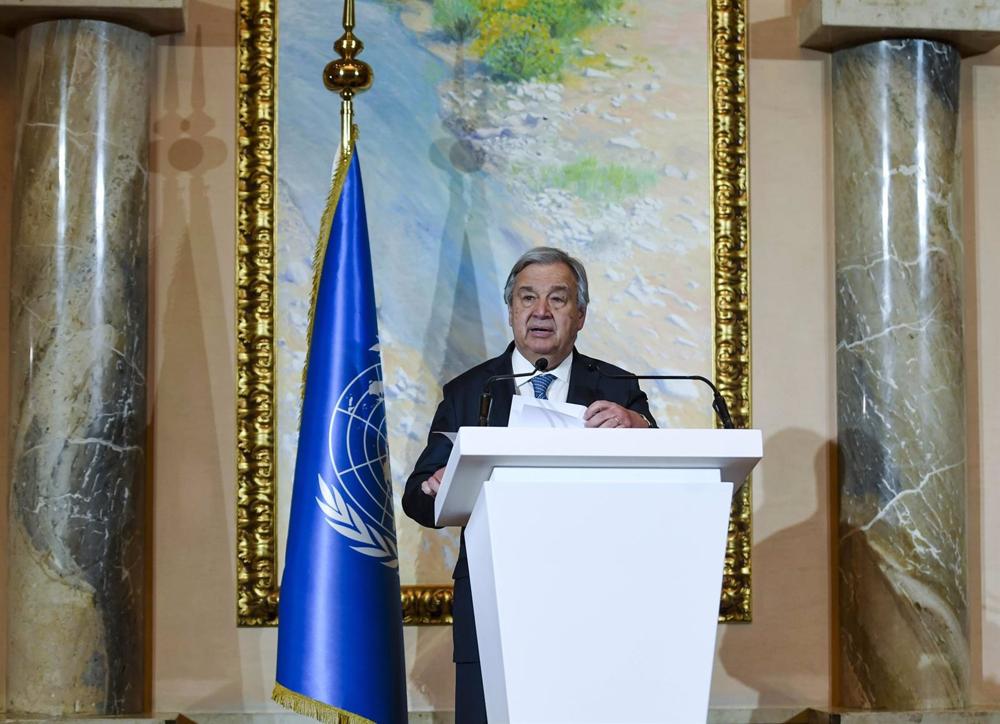
The Secretary for the Malvinas of the Argentine Government, Guillermo Carmona, has denounced that the presence of Kosovar military in the archipelago is not only a «provocation» that adds an extra «danger» to an already tense scenario, but also contravenes the resolutions on its demilitarization.
«It is an unprecedented fact the entry of third State actors or in this case of a non-State entity such as Kosovo. It is an innovation that appears at the same time as a provocation,» said Carmona in an interview for Europa Press during an official visit to Madrid.
«The British Government has not given any argument and they should explain it», said Carmona in relation to the seven Kosovar soldiers who will travel to Malvinas to participate in a «peace mission» agreed with the British Government.
Carmona warns that, with this decision of the United Kingdom, a context of «tension», as in the case of Kosovo, is being transferred from Europe to a zone of peace and cooperation, as defined by the United Nations in the South Atlantic. «This military presence is a disruptive factor», seen by the surrounding countries as «threatening», he said.
«The truth is that adding third parties from conflictive areas of the world implies adding a degree of complexity and danger to the situation, which we think is important to highlight,» said Carmona. A concern that Argentina raised last week at the United Nations.
Thus, he emphasized that through the so-called Malvinas 40 years Agenda, they have managed to defend the interests of the State on the archipelago at the international level, as established in the Constitution, and at the same time to show the «reluctance» of the United Kingdom to negotiate and its «flagrant» non-compliance with the United Nations resolutions that prohibit unilateral actions.
«We have intensified our diplomatic action especially in the United Nations, within the scope of the Decolonization Committee (…) We have tried to make it very clear that after 190 years of British usurpation, which have been completed now in January, and already more than 40 years of the Malvinas war, this issue deserves a dialogue and a negotiation on the question of sovereignty», he said.
BRITISH DISCREDIT ON THE INTERNATIONAL LEVEL Carmona also spoke about the recent favorable position of the United Kingdom to sit down to negotiate with Mauritius a possible decolonization of the Chagos archipelago and how it can benefit the Argentine cause in relation to Malvinas.
«The case of Chagos is perhaps the most important turn in foreign policy that the United Kingdom has had since Brexit,» said Carmona, who, although he clarified that the case of this archipelago located in the Indian Ocean is different from that of the Malvinas, there are «points of contact» as it is a territory where there are allegations of colonial presence.
«For us it is a very important precedent because it confirms us in the idea that when the international circumstances are appropriate, Argentina will also have a negotiation process with the United Kingdom. I have no doubts», he confided.
Carmona explained that this «important change» in the United Kingdom’s foreign policy derives from the current world geopolitical situation, in which it has «international reputation problems», not only for not complying with United Nations resolutions, but also for having lost «specific weight» in the Indian Ocean.
«In the meantime, we have to persist in our objective and keep the Malvinas issue on the international agenda», stressed Carmona, who highlighted the «great deployment» of Argentina in the last year exposing this issue as a case of «colonialism pending solution».
Demilitarization of the region Carmona has also demanded again to the United Kingdom more «transparency» on the possible presence of nuclear weapons in the archipelago, as revealed a little more than a year ago by the British side, which acknowledged sending up to 31 bombs of this type during the war in 1982.
«We cannot affirm that at this moment there are nuclear weapons in the Malvinas, but we cannot rule it out either. What Argentina will continue to do is to demand transparency and good faith in the provision of reliable information on this matter. In fact, the United Kingdom continues to maintain silence on the fate of those 31 nuclear bombs», said Carmona.
«Argentina demands a process of demilitarization of the Malvinas and the South Atlantic, which is a zone of peace», insisted Carmona.
THE MALVINAS QUESTION AS A NATIONAL IMPULSOR Carmona also stressed that everything to do with the sovereignty of Malvinas is dealt with «on a daily basis» in Argentina and has an important weight as an element of «identity» and union beyond ideologies.
«It is a very strong identity issue and the Malvinas 40 years Agenda has reinforced this issue, not only from a decolonization perspective, but also for all those fallen and veterans (…) who did not make the decision to go to war, nor did they make political or military decisions,» he acknowledged.
In this sense, he assured that Argentina’s triumph in the World Cup in Qatar has shown the «popular roots» that this issue has in the heart of Argentine society. «Seeing Messi and the rest of the world champions chanting songs that make reference to the Malvinas and their fallen has been a very important mobilizing event,» he stressed.
Finally, Carmona said that the Malvinas sovereignty issues will have a prominent place in the celebrations for the 40th anniversary of democracy in Argentina. «Malvinas is a popular cause», he emphasized.
«If democracy is synonymous with the people, in this government of the people by and for the people, the fact that the Malvinas issue is rooted as a popular cause means that there is a natural link between Malvinas and democracy,» he said.
Source: (EUROPA PRESS)






